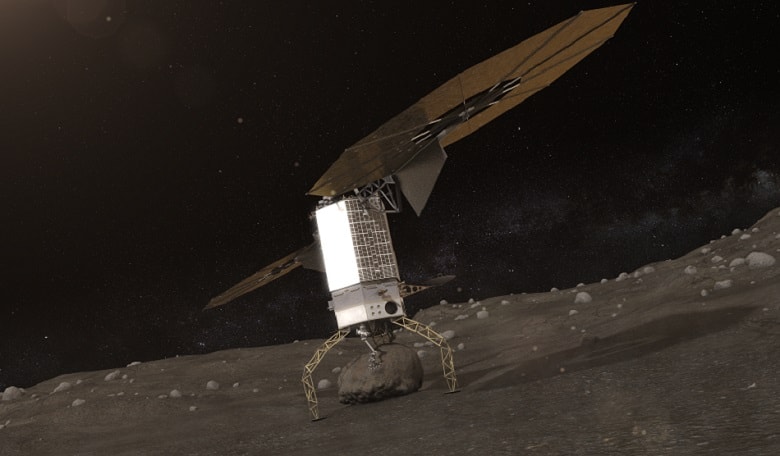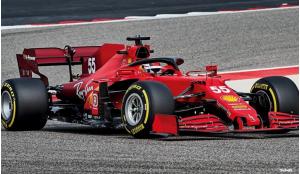Last year, the United States passed into law The U.S. Commercial Space Launch Competitiveness Act, a bill that recognises the right of U.S. citizens to own asteroid resources they obtain and encourages the commercial exploration and utilisation of resources from asteroids. Now, Luxembourg is also setting its sights on asteroid mining as officials today are due to launch an official initiative to promote the mining of asteroids for minerals.
The country has a long-standing space industry and is home to one of the world's biggest satellite firms, SES. Luxembourg now aims to help establish a space industry by mining ‘near-Earth objects’ (NEOs) for their metal and rare-Earth material content by collaborating with US and European commercial partners.
Mining asteroids may appear futuristic, but there are already a number of established companies that were set up for this very purpose, two of which, Deep Space Industries and Planetary Resources both based in the US, are two of Luxembourg’s potential commercial partners. Planetary Resources have already made the first 3D printed object made from asteroid material to showcase how future space pioneers can utilise natural resources found in space. [http://room.eu.com/news/Space Mining company showcase the first 3D printed object made from asteroid metals].
It is suggested that asteroids are composed of elements such as platinum and other types of platinum group metals, that are used on Earth in everything from medical devices to jewellery and catalytic converters. How long will it be before these every day objects are sourced from materials that originated in space? However, as the current slump in commodity prices means that metals mined on Earth are cheaper than they have been in years, how viable is asteroid mining? Luxembourg want to find out by hoping to lead the race in asteroid mining while stimulating economic growth on Earth and offering new horizons in space exploration.
The Grand Duchy’s announcement is to be made by Etienne Schneider, deputy prime minister, and Mr Schneider is expected to say that Luxembourg plans to collaborate with and invest in one or more space resources companies. However, he is unlikely to announce specific sums as this initiative is still in its early stages. Nonetheless, in an interview with the Financial Times, Jean- Jacques Dordain, director-general of the European Space Agency until last June and an adviser on the Space Resources initiative, was confident of this recent announcement, “I am convinced there is great scientific and economic potential in Luxembourg’s vision.”
It is unknown what the ultimate cost of setting up a mining industry in outer space would be, however it is probably suffice to say it could easily run in to tens of billions of dollars, however this alone should not be a daunting prospect as “at the end there could be a market worth trillions,” said Mr Dordain.
The subject of space mining will be the focus of the Spring issue of ROOM, the Space Journal where experts in the field will discuss the conflicts, politics and issues relating to the exploitation of space's abundant natural resources. The Spring Issue is due to be published at the end of March.











